Description
YOKOGAWA VC401-10 通过测量编码器在不同转速下的输出信号
检测编码器模块的性能主要从以下几个方面进行:
分辨率:分辨率是编码器能够识别的最小位置变化。通过测量编码器在不同转速下的输出信号,可以确定编码器的分辨率。
精度:精度是指编码器在实际应用中的测量误差。YOKOGAWA VC401-10可以通过对比编码器的输出信号与实际位置或速度的测量值,计算出编码器的精度。
线性度:线性度是指编码器在不同位置上的输出信号与实际位置之间的线性关系。通过测试多个位置下的编码器输出信号,可以确定编码器的线性度。
温度稳定性:温度稳定性是指编码器在温度变化下的性能稳定性。在高温和低温环境下测试编码器的输出信号,观察其变化情况,可以评估编码器的温度稳定性。
抗干扰能力:YOKOGAWA VC401-10抗干扰能力是指编码器在电磁干扰等恶劣环境下的性能表现。通过在存在干扰的环境下测试编码器的输出信号,可以评估编码器的抗干扰能力。
在实际应用中,YOKOGAWA VC401-10可以使用各种测试设备和软件对编码器模块进行性能检测。例如,示波器可以用来观察编码器的输出信号,万用表可以用来测量电阻和电压等参数,编程软件可以用来检测编码器的性能是否达到设计要求等。
总之,检测编码器模块的性能需要综合考虑多个方面,包括分辨率、精度、线性度、温度稳定性和抗干扰能力等。只有全面测试和评估,才能确保编码器模块的性能符合实际应用需求。
YOKOGAWA VC401-10 通过测量编码器在不同转速下的输出信号
The performance of the encoder module is mainly tested from the following aspects:
Resolution: Resolution is the smallest change in position that the encoder can recognize. By measuring the output signal of the encoder at different speeds, the resolution of the encoder can be determined.
Accuracy: Accuracy refers to the measurement error of the encoder in practical applications. The YOKOGAWA VC401-10 can calculate the accuracy of the encoder by comparing the output signal of the encoder with measurements of actual position or speed.
Linearity: Linearity refers to the linear relationship between the output signal of the encoder at different positions and the actual position. The linearity of the encoder can be determined by testing the output signal of the encoder at multiple positions.
Temperature stability: Temperature stability refers to the performance stability of the encoder under temperature changes. The temperature stability of the encoder can be evaluated by testing the output signal of the encoder under high and low temperature environment and observing its change.
Anti-interference ability: YOKOGAWA VC401-10 Anti-interference ability refers to the encoder’s performance in harsh environments such as electromagnetic interference. By testing the output signal of the encoder in the presence of interference, the anti-interference ability of the encoder can be evaluated.
In practical applications, the YOKOGAWA VC401-10 can perform performance tests on encoder modules using a variety of test equipment and software. For example, an oscilloscope can be used to observe the output signal of the encoder, a multimeter can be used to measure parameters such as resistance and voltage, and programming software can be used to detect whether the performance of the encoder meets the design requirements.
In short, testing the performance of the encoder module needs to consider a number of aspects, including resolution, accuracy, linearity, temperature stability and anti-interference ability. Only comprehensive testing and evaluation can ensure that the performance of the encoder module meets the needs of the actual application.
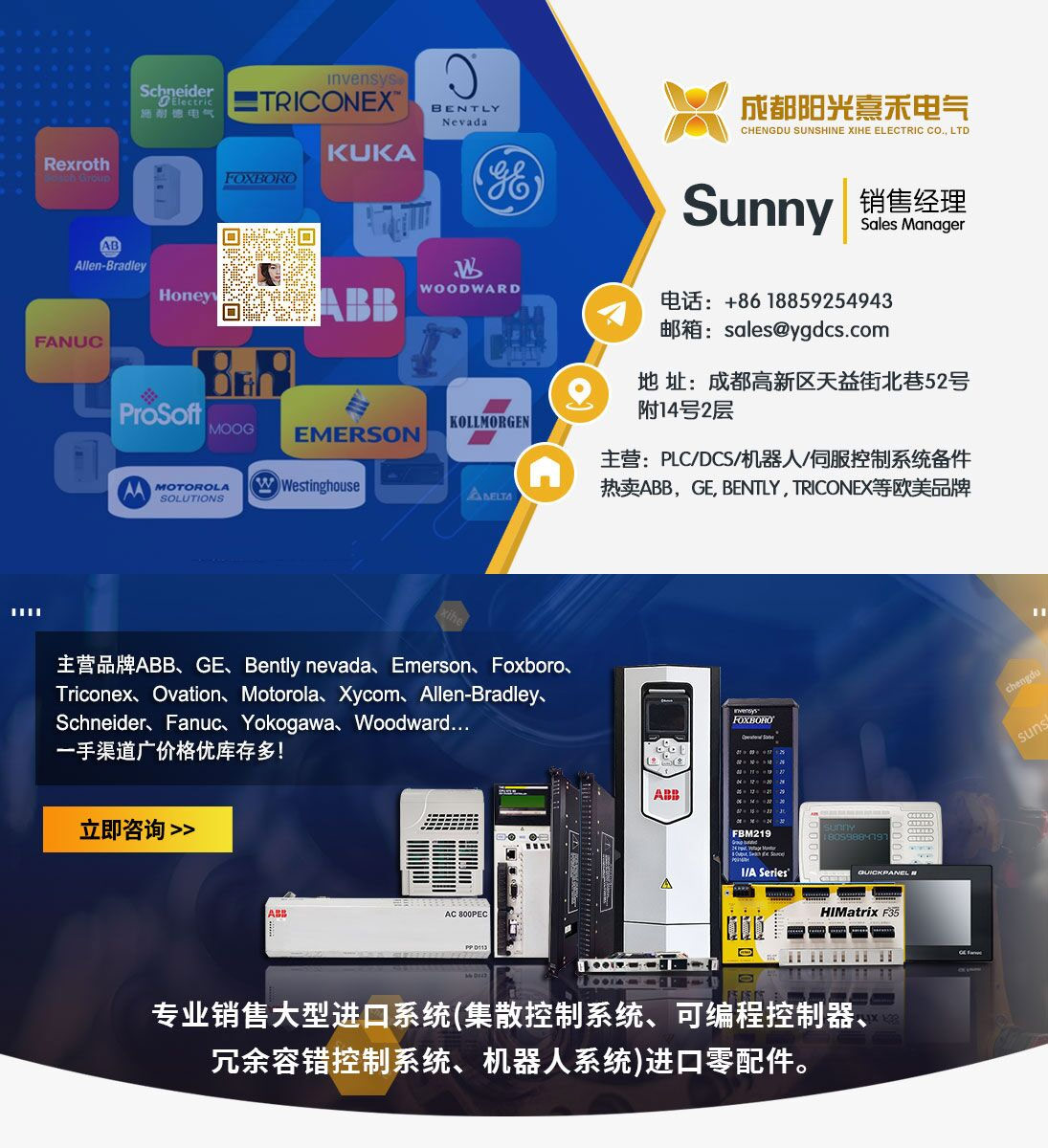
购买咨询热线/Phone:18859254943
邮箱/Email:sales@ygdcs.com
地址:成都高新区天益街北巷52号附14号2层

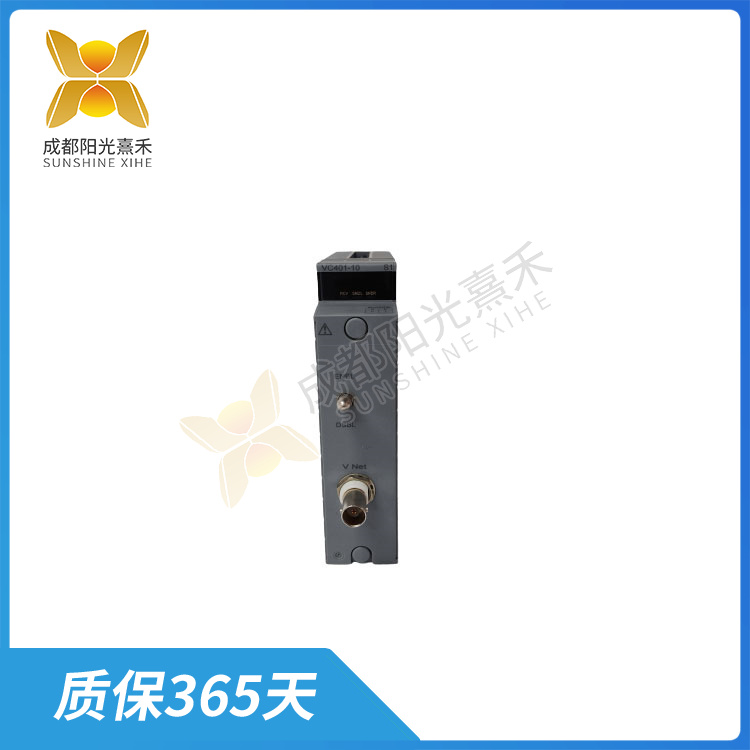
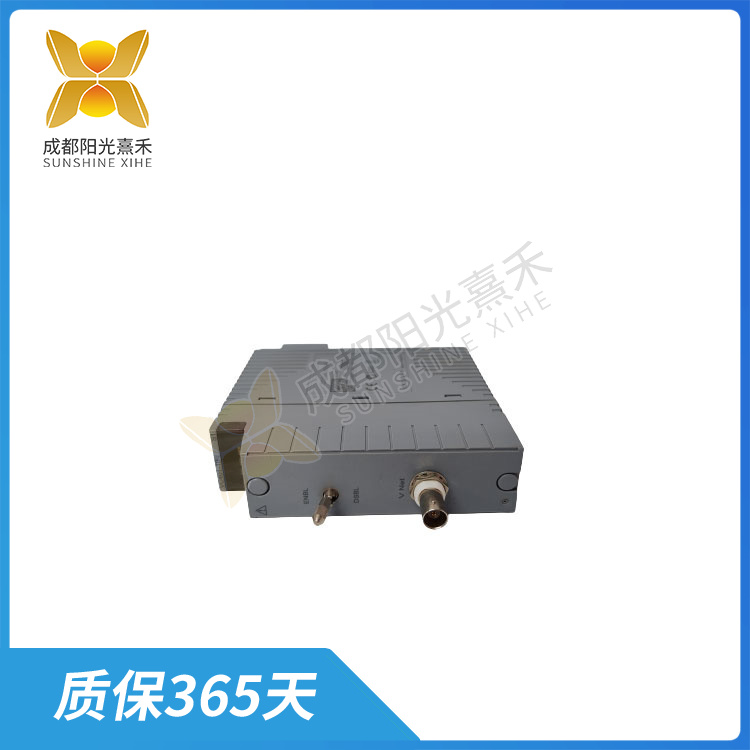
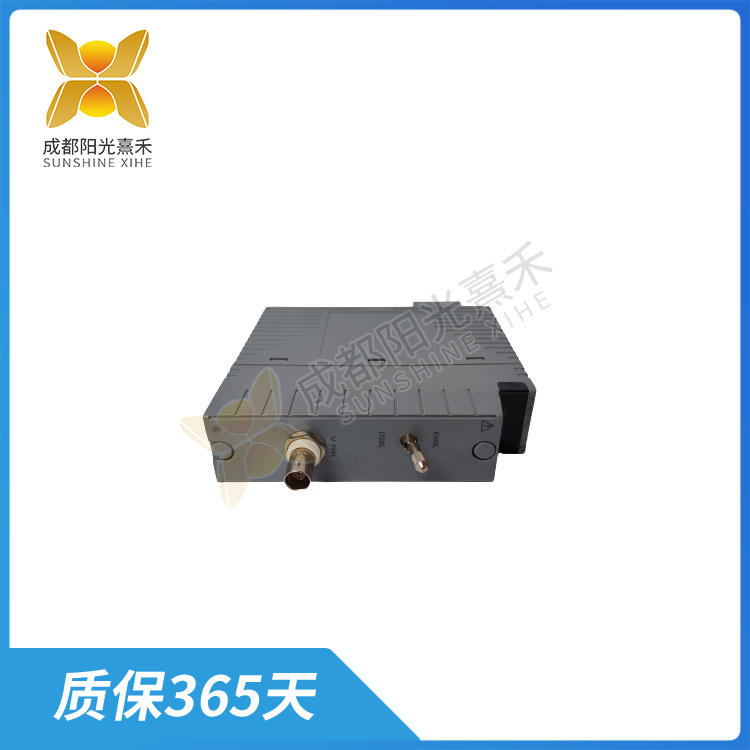
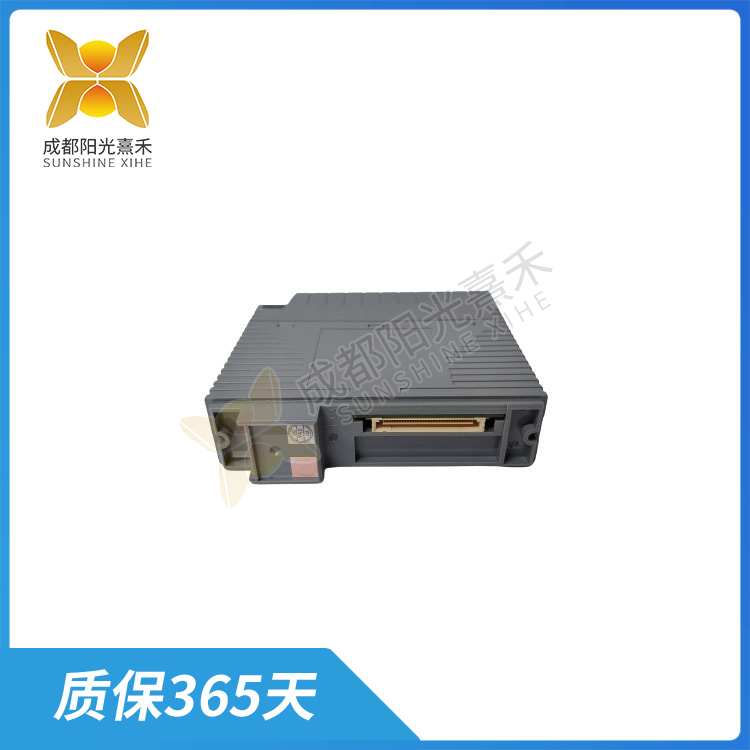
 购买咨询热线/Phone:
购买咨询热线/Phone: 邮箱/Email:
邮箱/Email: 地址:
地址:


